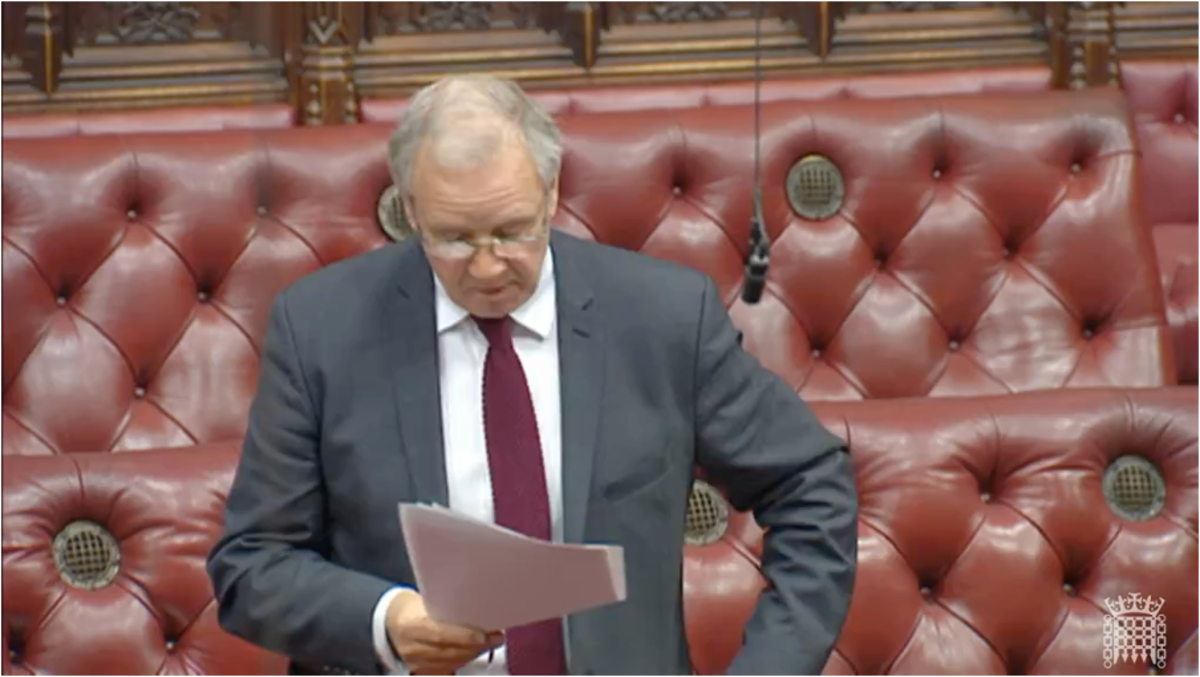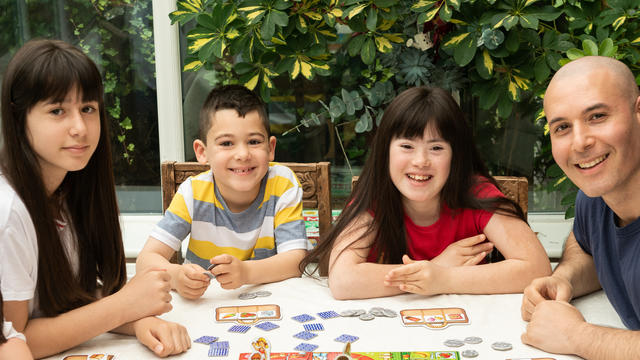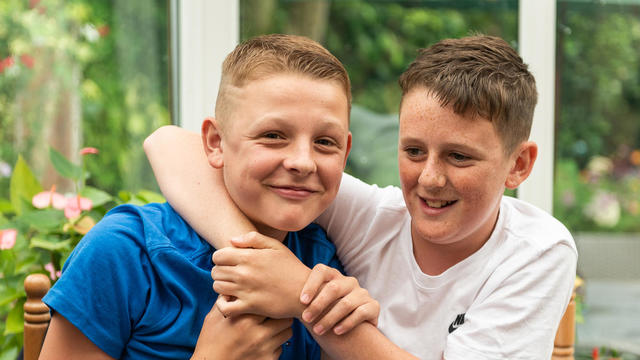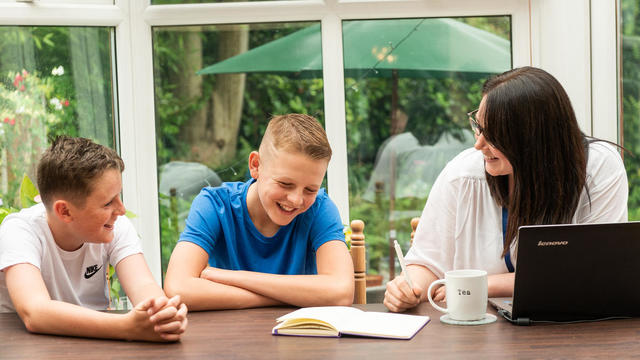Opinion: Unregulated, right for who?

Every year, one in four children entering the care system is aged 16 or 17. The reasons they are in care are complex and varied, but the majority have experienced either neglect or abuse in their home.
The government says that young people would do best in foster care or residential care, but some, it claims, are ready for the independence that comes with either living alone in a bedsit or living in a shared environment with adults. These placements are known as semi-independent or unregulated accommodation.
In unregulated accommodation, according to the government, children should not be cared for, instead they should be supported into independence... however, all children in care should by law be supported with their transition to independence through pathway planning.
According to the law, the principles which should underpin a transition are:
- Is this good enough for my own child?
- Does it provide a second chance if things don’t go as expected?
- Is this tailored to their individual needs, particularly if they are more vulnerable than other people?
Why then, in a society where the average age for someone to leave home is 25, is the number of children who do not need care growing every year?
Once thought of as an exceptional or emergency placement, the growth of unregulated accommodation has spiraled out of control. Between 2009 and 2019 the number of children living in these placements increased by 210%.
Is it possible that in the period of ten years, there has been such a significant increase in the number of children whose best interests it is to live in a place without care?
Or
is it more likely that other factors, such as the shortage of regulated care placements, and the cost of providing high quality care, have become more significant considerations for the government?
The situation is a crisis. Now, there are almost as many 16- and 17-year-olds living in unregulated settings as there are living in regulated children’s homes.
Since 2022, the government has banned children aged 15 and under being placed in unregulated accommodation. Yet without justification, the ban has not been extended to 16- and 17-year-olds, despite 29 children dying while living in unregulated settings over the last five-year period.
In a House of Lord’s debate last week, Lord Invergowrie called it a ‘scandal’. Addressing the chamber, he said “is it the best we can do for 16- and 17-year-olds who are in the care of the State, to put them in a bedsit on their own, or pay for them to live in a property with adult strangers?”
Watch Lord Watson in the Lords Children's Social Care debate on 7 December

Yet the government is not only allowing this to happen, as a bystander might watch a tragedy unfolding. It is legalising (and normalising) the use of unregulated accommodation through new standards and guidance which it published last week, alongside a consultation that runs throughout the Christmas period.
Why is it doing it?
It says, because unregulated accommodation is right for some (it says).
Right for who?
To some the new regulatory regime represents a ‘step in the right direction’.
At least, they say, 16- and 17-year-olds will now live in a place where there are four quality standards (in comparison to the nine which exist for regulated children’s homes).
At least, there will be regular Ofsted inspections (though Ofsted will not visit every setting where a child lives and will instead conduct ‘provider level inspections’ every three years, in comparison to twice yearly visits of regulated children’s homes).
At least, children will only live in caravans and barges in exceptional circumstances (though these placements have never before been explicitly permitted explicitly).
At least, there will be workforce and safeguarding standards similar to those in regulated children’s homes, with managers and staff needing DBS checks (though children living in unregulated accommodation may share a home with vulnerable adults, who do not appear to need the same checks).
Is this good enough?
There is not a single parent I know who would feel reassured of their child’s welfare by visiting a bedsit down the road from the one their child lives in every three years.
There is not a single parent I know who would wish for their child to have less rights than other children.
There is not a single parent I know who would consider these living standards as ‘right’ for their child, regardless of their child’s level of independence.
The regulations introduced last week effectively split the care system in two. While the government may insist that ‘a rigid distinction between care and support would fail to capture the nuance of the varying needs and transitions that are a normal part of a child growing up’, it fails to recognise that this division is entirely State imposed.
16- and 17-year-olds are now divided:
- From other children in care aged 15 and below (who cannot be legally placed in unregulated accommodation)
- From each other (based on their ‘perceived’ independence, and their subsequent entitlement in law i.e., care or support)
Worse, these dividing lines risk being made permanent by the new regulations. Over the last few decades placements once thought of as ‘exceptional’ have slowly become the norm. Will the same things happen with caravans and barges?
Finally, are we to accept that the government has decided not to take forward the recommendation of the Care Review, that “all children in care should receive care where they live by 2025?” but taken on its narrative – that regulating is a step in the right direction.
We ask again, right for who?
All children must be entitled to care where they live. It is not a catchy slogan, and it is the opposite of a rigid distinction. It is a right, a safeguard, and something we must continue to fight for.
This is the first article in a four part series about unregulated accommodation and the government's ongoing consultation. Contact the author at lucy.croxton@togethertrust.org.uk.
If you are 16 or 17 years old (or know somebody who is) we want to know what care means to you, please complete this short survey. Help us change government policy for the better.
Featured image credit: Gauthier Delecroix / Flickr







